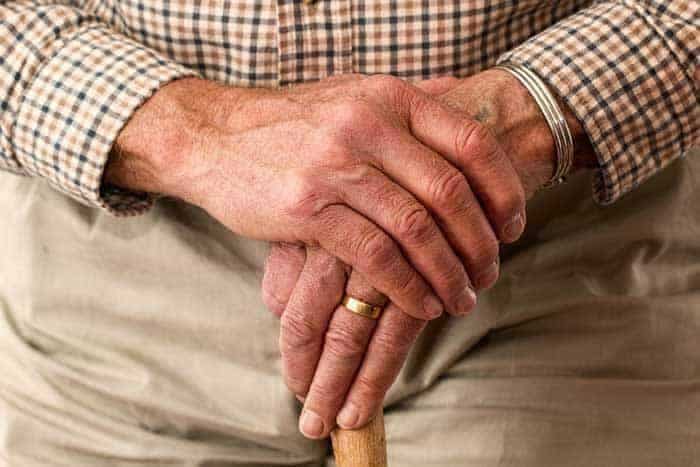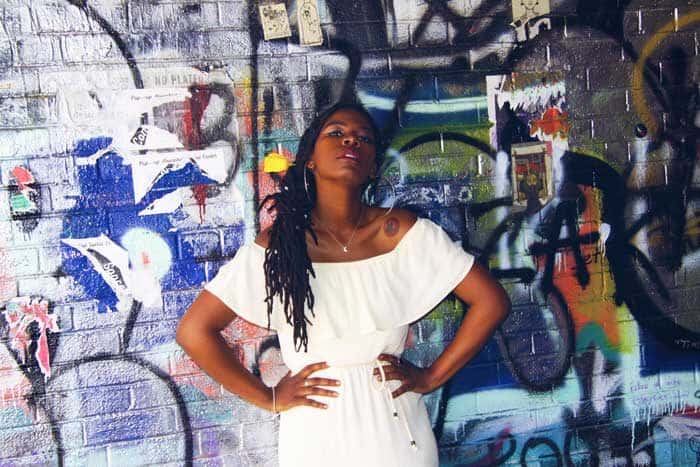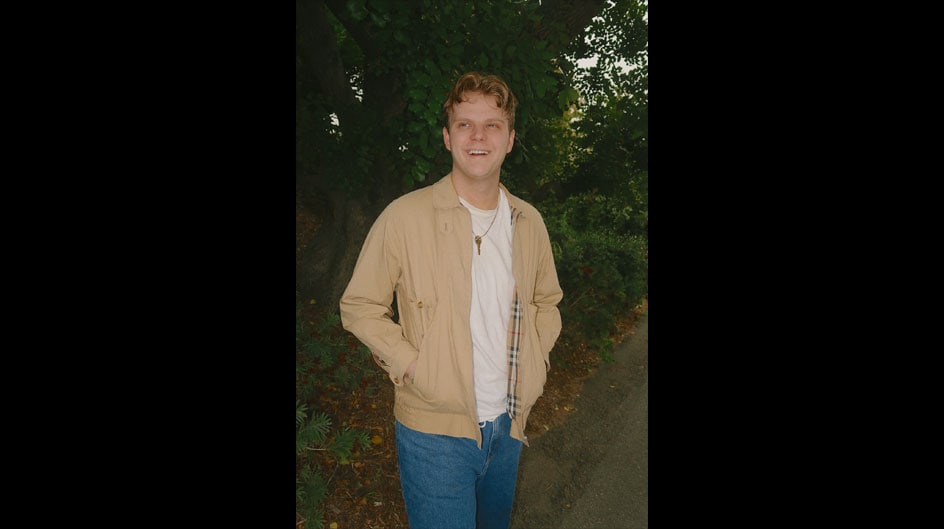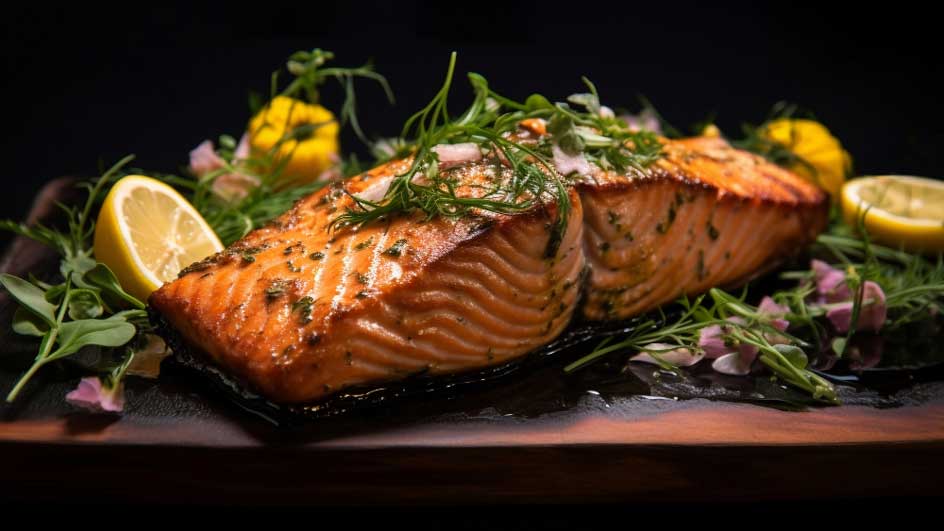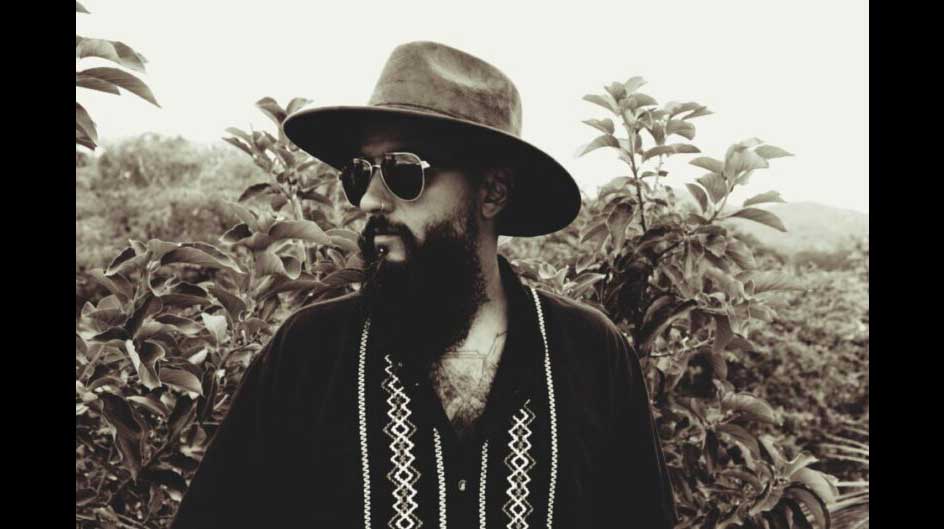Members of the LGBTQ community face difficulties those identifying as cis and hetero seldom consider. Unfortunately, their struggles often increase as they grow older. Even those who are upfront and outspoken about their identity in their youth sometimes find themselves retreating into the closet in their later years for various reasons. And few things feel more lonely than disguising the authentic self.
In addition to remaining social stigmas, aging members of the LGBTQ community face greater difficulty in finding appropriate long-term care. A lifetime of employment discrimination leaves many community members without a nest egg sufficient to carry them through their golden years. Aging LGBTQ individuals may find establishing new friendships more difficult, too, as they fear others’ reactions when they reveal their sexuality.
When it comes to helping elderly LGBTQ individuals, we as a society must do better.
Issues Unique to the Population
Seniors face difficult life events such as transitioning from work to retirement or adjusting to life after the loss of a romantic partner. However, in the case of LGBTQ individuals, they often endure some of life’s greatest challenges on their own.
Community members whose families have shunned them since they came out may find themselves mourning the loss of a life partner with little of the sympathy their cis or hetero siblings receive after a similar loss. Additionally, while same-sex marriage remains legal, many jurisdictions in the U.S. fail to treat sexual or gender identity as protected classes. Therefore, while straight coworkers avail themselves of company bereavement leave, those who remain closeted out of fear of losing their jobs must suffer their loss in silence.
LGBTQ community members retired from the workforce often experience difficulty forming new bonds. Designated community safe spaces exist in some areas where aging LGBTQ individuals can mingle without fear of scorn. Exercise programs geared toward older adults offer additional opportunities to meet new friends.
Aging members of the LGBTQ community are less likely to have children, giving them a shakier support system when help is needed. Assisted living facilities offer to care for residents’ physical needs, but often do little to acknowledge the unique mental and emotional needs of this population. Among LGBTQ members residing in a care facility, less than 25 percent state they feel safe about sharing their identity.
Helping Seniors of All Identities
To ease the suffering of elderly members of the LGBTQ community, legal and societal changes must occur.
In terms of legal changes, both gender nonconformity and sexual identity must be added to the list of protected classes, along with religion, nationality, and race, at a nationwide level. Doing so will allow LGBTQ workers in committed relationships to reap the same employment benefits afforded their more “normative” coworkers without fear of the possible consequences of outing themselves at the office.
Those who run senior care facilities can set clear policies prohibiting discrimination on the basis of gender or sexual identity, both in their hiring practices and in their treatment of patients. Elderly residents with same-sex spouses should enjoy the same level of togetherness such facilities afford heterosexual couples when it comes to visitation and lodging arrangements.
At the local level, community parks and rec centers can welcome seniors of all identities. In addition to offering fitness classes and arts and crafts, centers can host special mixers for LGBTQ seniors to mix and mingle with potential new friends.
Aging with Dignity for All
Everyone deserves the opportunity to live out their golden years in dignity. By removing legal impediments to quality senior health care and embracing diversity toward those of all sexual and gender identities of all ages, members of the LGBTQ community can look to aging as a time of rest, contentment and healthy companionship.
